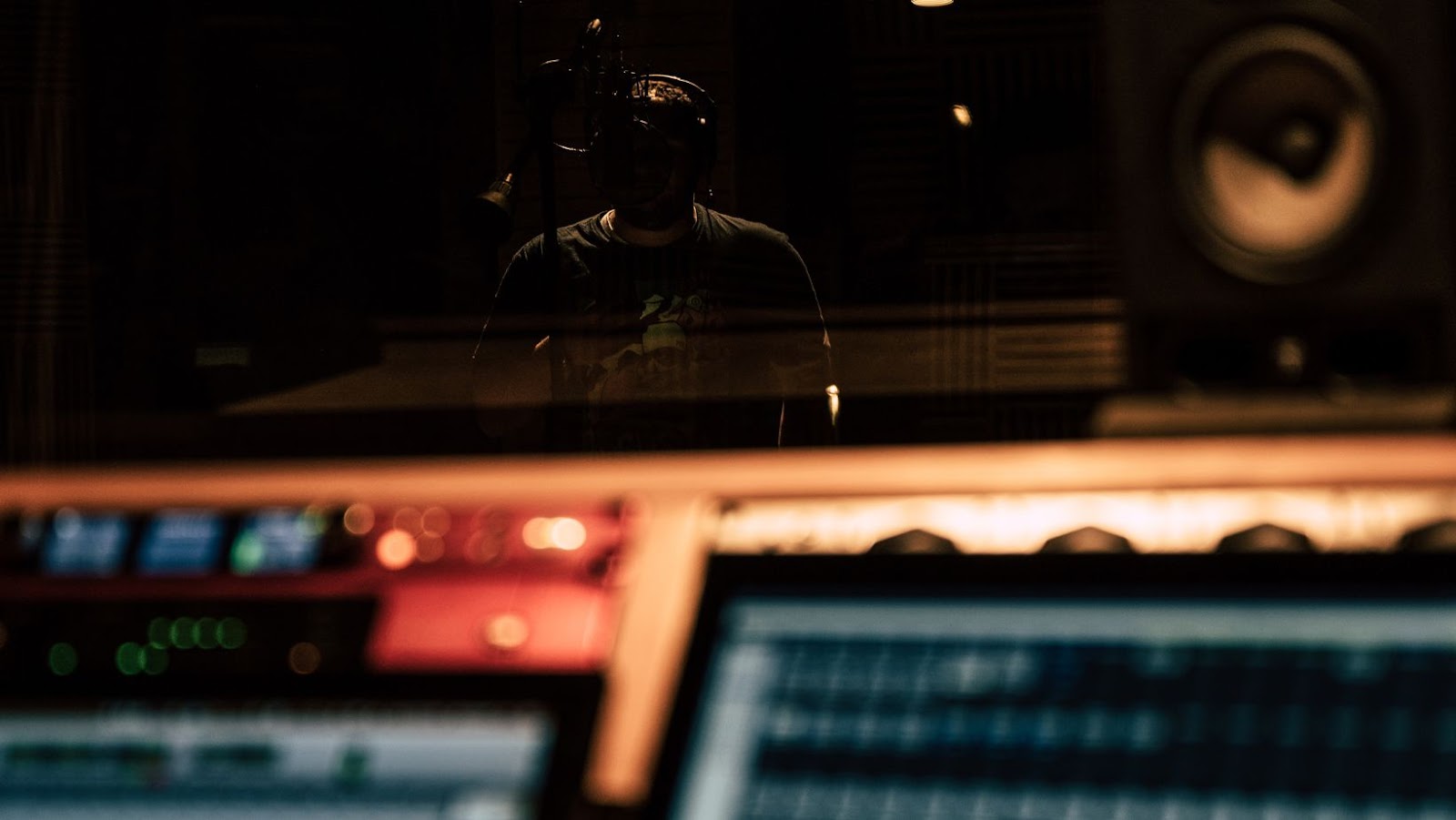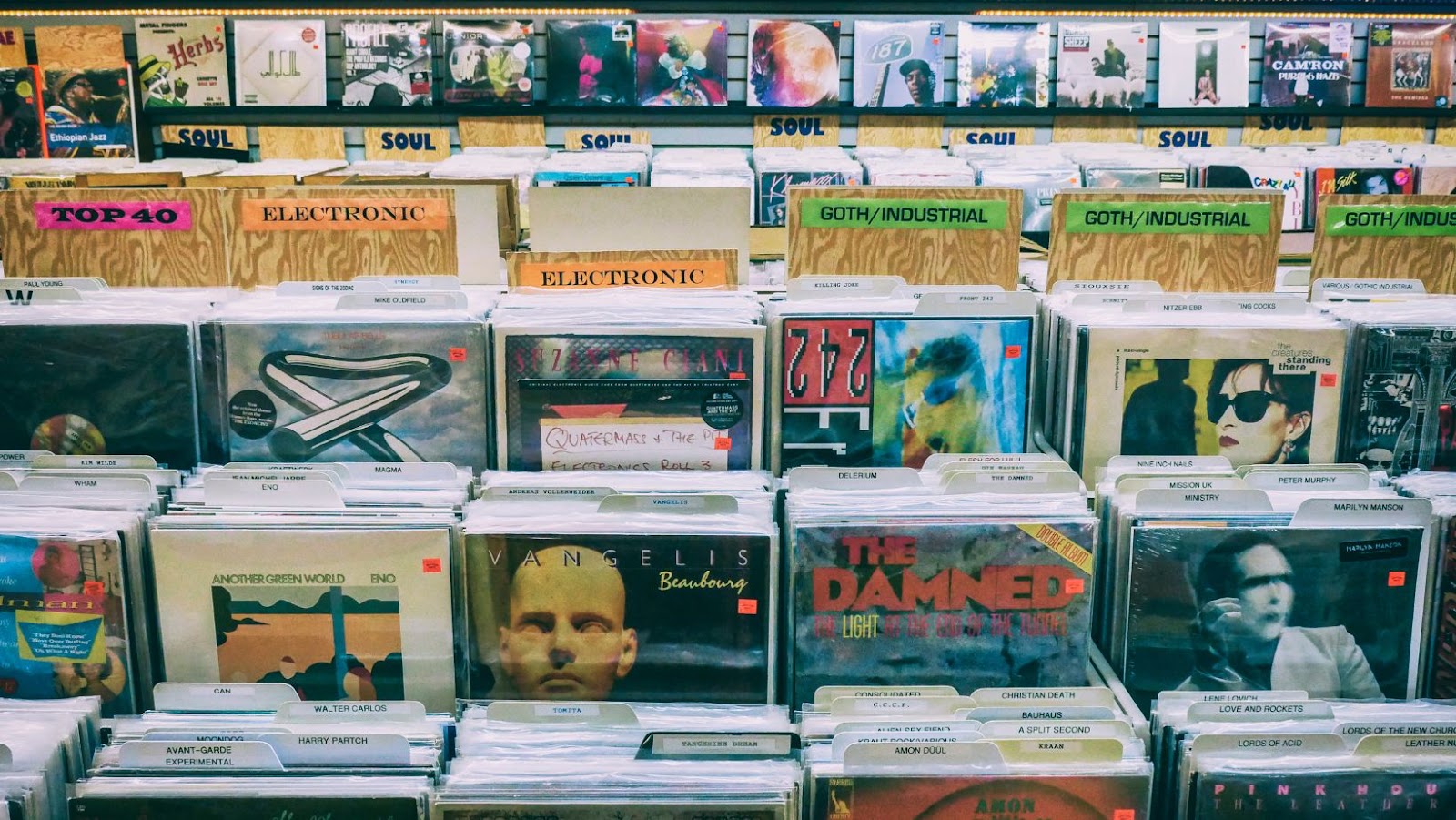What Does This Mean For The Labels And Publishers?

Music labels and publishers recently won a $1 billion verdict in their copyright infringement lawsuit against internet service provider Cox Communications. This victory is a huge milestone in the fight against online piracy and could have far-reaching implications for labels and publishers. Digital Rights Management or DRM program plays a pivotal role in safeguarding digital content and ensuring that intellectual property rights are respected in the digital age. These programs are designed to manage and protect digital assets, such as music, video, eBooks, software, and other forms of digital media, from unauthorized access, distribution, and reproduction. In this article, we will explore the purpose, key features, and challenges associated with DRM programs.
This article will discuss what this victory means for labels and publishers.
Now labels and publishers can distribute their music globally, and access to fans is no longer limited by physical location.
Background of the Case
In recent years, advancements in technology have completely revolutionised the music industry. Now labels and publishers can distribute their music globally, and access to fans is no longer limited by physical location. This has allowed a new generation of talent to reach people worldwide with very little investment, while also giving established stars an easier way to remain relevant.
The developments in digital mediums have posed both challenges and opportunities for labels and publishers. On one hand, the increasing availability of digital streaming services has made it easier than ever for consumers to access music without buying physical albums or singles. But, on the other hand, digital outlets can still provide huge returns if used correctly — labels and publishers can use these media platforms to create promotional campaigns that reach out directly to large numbers of potential buyers.
This presents both an opportunity for labels and publishers and a challenge — how do they ensure their artists are heard without sacrificing quality control? What does this mean for the labels’ copyrights? To keep up in this changing environment, record companies must balance strategies to reach new audiences while ensuring their intellectual property is properly protected.
Labels & Publishers Win $1 Billion Piracy Lawsuit Against Cox Communications
The recent victory of labels and publishers in their $1 billion piracy lawsuit against Cox Communications is a landmark ruling that could potentially reshape the future of digital copyright.
This result is of particular interest to labels and publishers, as it will have a positive and negative impact on their respective businesses.
Let’s explore these effects in more detail.
Increased Revenue From the Damages
The recent ruling requiring streaming services like Apple Music, Amazon Music, and Spotify to pay even larger sums of money to music labels and publishers has positively impacted these companies’ revenue. Labels and publishers no longer suffer the loss of artist royalties that come with streaming services, but have now begun making more money from the damages owed by the streamers.
For labels and publishers who handle the distribution for their artists, streaming services have created an entirely new revenue source that allows their artists to be more successful in their careers. In addition, with this increase in revenue from damages awarded by the courts, they can better support their artists who now receive a large portion of what these labels and publishers gain from these court orders.
In addition to kindling a new fire of music consumption, this current surge has also provided greater economic opportunities for those working in music production or associated with the industry—from marketers, graphic designers, freelance writers, songwriters, composers to concert promoters—increasingly securing career-sustaining profits through digital commerce.
This influx of legal action has brought attention to many ethical issues concerning copyright law; however it simultaneously forms a bridge towards increased collaboration between labels, publishers and streaming services and more equitable payment for all involved parties . Furthermore, this ripple effect serves as an example of how change in one area can work towards global improvement and reflects today’s rapidly advancing technological age, bringing forth both benefits and drawbacks for all affected stakeholders.
To keep up in this changing environment, record companies must balance strategies to reach new audiences while ensuring their intellectual property is properly protected.
Increased Legal Protection for Copyright Owners
The increase in digital media and entertainment content has required a corresponding rise in legal protection of intellectual property. Enhanced copyright protections help ensure the rights of copyright holders. The passing of the Digital Millennium Copyright Act (DMCA) has significantly impacted labels and publishers, as it provides more power to creators to manage their intellectual property rights and protect their work from unlawful distribution.

The legislation states that anyone who circumvents publisher-imposed technological measures to gain access to a copyrighted work is liable for copyright infringement. This includes any technology publishers use to secure works such as encryption or DRM (Digital Rights Management). It also places more responsibility upon online providers for monitoring activity related to the unlawful reproduction, distribution and/or sale of copyrighted materials.
Notable examples of DMCA lawsuits include: In 2017, electronic music label Deadmau5 filed suit against a US company reproducing his songs without licence. The same year, hip hop producer Jay-Z successfully settled a case after suing an American brand found to be manufacturing apparel featuring his artistry without consent or payment.
The impact of these measures on the digital landscape is twofold – it provides both incentive for those looking to monetize their creativity through digital mediums, while simultaneously forcing publications, distributors and streamers alike into legally adhering with defined anti-piracy regulations regarding access level control over content reproduction related activities or risk incurring severe penalties from authorities and other stakeholders should such instances arise.
Impact on Cox Communications
A recent legal case has resulted in a $1 Billion judgement against Cox Communications, with the ruling finding the company liable for contributory copyright infringement.
The lawsuit brought by labels and publishers was in response to Cox’s failure to adequately protect copyrighted content from illegal downloads.
This ruling has massive implications for Cox Communications, as it may set a precedent for similar legal cases.
Increased Awareness of Copyright Laws
Cox Communications, a digital cable and telecommunications company, recently lost its case against music labels and publishers over the unauthorised downloads of their content. This ruling had a dramatic effect on the entire industry and has increased awareness of copyright laws.
The court’s decision affirmed that content owners have a legal right to enforce copyright violation even though they do not possess a licence to distribute the music. This ruling has increased focus on following proper copyrights regulations by artists, labels, publishers, service providers and distributors. As such, Cox Communications’ decision guided all key players to ensure compliance with existing copyright laws going forward.
The decision further sparked renewed interest in protecting intellectual property by offering ways for content owners to monetize their work. According to this ruling, labels and publishers can distribute their content through online outlets like iTunes and other conventional methods such as physical distribution and radio broadcasting – all while maintaining control over how fans consume it. This is particularly important since it allows artists more resources when negotiating deals with stakeholders such as record labels, performing rights organisations (PROs) and production companies.
In addition to the aforementioned developments regarding fair usage rights across different platforms, Cox Communications’ impact is also felt in the international arena where similar cases have occurred involving digital media services like YouTube and Spotify; regardless of whether you are based domestically or abroad – there is an increased understanding that breaches of any nation’s Intellectual Property Protection Laws will be enforced no matter what form or degree of use occurs. All stakeholders should be held responsible for their part in upholding these rules or suffer legal consequences when appropriate penalties are issued from within their jurisdiction.
Potential for Stricter Enforcement of Copyright Laws
Cox Communications faces an impact due to litigation surrounding alleged copyright infringement. This could potentially lead to stricter enforcement of copyright laws. In addition, the lawsuit seeks damages that, if awarded, could increase the financial risk for ISPs and other providers facilitating online access for customers to infringe upon the intellectual property (IP) rights of labels and publishers.

In the U.S., there is a growing consensus that ISPs should be held responsible for copyright infringement by their customers when they provide services or products enabling such activities. The Department of Justice investigates this issue through its enforcement actions, fines, and legislation such as the Stop Online Piracy Act (SOPA) and PROTECT IP Act (PIPA). Enforcement actions target mostly foreign online services, however increasing cases of lawsuits being filed against domestic providers have started to arise in recent years.
This lawsuit may lead ISPs to impose stronger provisions on their end users to protect the interests of IP rights holders. It may introduce additional obligations such as three strikes laws to avoid repeat infringement by their customers. If supported by Cox Communications’ decision makers, any modifications brought forward in compliance with copyright laws would potentially have far-reaching implications within the ISP sector, including contractual renegotiation with content providers as well additional costs arising from implementation/enforcement measures such as filtering/monitoring technologies or additional personnel dedicated exclusively to compliance control efforts.
Impact on Internet Service Providers
On March 22, 2021, Cox Communications was found liable in a lawsuit over $1 billion in damages for aiding in the copyright infringement of labels and publishers. This ruling directly impacted Internet Service Providers (ISPs), as it has widened the scope of their liability and increased the potential for massive financial penalties.
Let’s explore what this ruling means for ISPs and the industry.
The passing of the Digital Millennium Copyright Act (DMCA) has significantly impacted labels and publishers, as it provides more power to creators to manage their intellectual property rights and protect their work from unlawful distribution.
Increased Scrutiny of Copyright Infringement
In the digital era, copyright owners often face difficulties protecting their intellectual property from potential infringers. With the rise of online streaming and other digital technologies, it is becoming increasingly difficult for copyright owners to monitor, identify, and prosecute content seekers (people who access copyrighted material without authorization). This has led to increased scrutiny on companies that host copyright-infringing content. As a result of this increase in pressure, Internet Service Providers (ISPs) are taking proactive action to implement measures that restrict or terminate access to online sources of illegal content.
The strict laws and regulations imposed by ISPs on users are prompting labels and publishers to pay more attention to how their works are shared online. As a result, labels and publishers should ensure their works are not inadvertently causing copyright infringement. Additionally, labels and publishers should adopt proactive strategies for preventing copyright infringement through education and monitoring tools.
Furthermore, increased regulations from ISPs have also positively impacted the music industry as it encourages legal use of music over unauthorised sources due to better enforcement of copyright laws. As a result, there have been significant improvements in licensing revenues since ISPs began enforcing rules against infringement—allowing music creators receive fair compensation for their work that previously would have gone unpaid for or stolen via copyrighted sources.
Potential for Increased Liability for Copyright Infringement
Introducing the Digital Single Market (DSM) Directive has created considerable uncertainty for Internet Service Providers (ISPs) in Europe and the potential for increased liability for copyright infringement. In addition, ISPs are concerned about the compliance costs associated with monitoring and removing user-generated content from their networks, particularly regarding works protected by copyright.

In this context, copyright owners have revived their longstanding calls for ‘safe harbour’ protections for ISPs, whereby they could operate in a regime of limited safe liability. As part of this, some stakeholders have proposed an alternative scheme – ‘co-regulatory’ – whereby the rules determining how copyright infringements can be addressed on ISPs’ networks are defined and enforced by collective agreements between labels and publishers, on one side, and ISPs on the other. This could help solve some of the liabilities issues faced by ISPs while protecting rights holders’ interests by setting out rules governing online services.
Under this co-regulatory model, rights holders would provide relevant information to selected ISPs via approved frameworks or ‘blacklists’ regularly updated and compiled under strict criteria set out in advance by all stakeholders. The criteria would map out what kind of freedom of expression should be safeguarded on ISP platforms, give guidelines related to user notification and other measures. The framework can also contribute to improved transparency through best practices that provide more clarity on acceptable content vs content that should not be facilitated or tolerated on ISP networks without approval from rights holders.
Finally, any such framework would need to take account of applicable data protection laws which may limit treatment or storage of personal data as part of network monitoring activities related to copyright infringement services provided by ISPs.
What's Your Reaction?
Deepak is a lover of nature and all things sporty. He loves to spend time outdoors, surrounded by the beauty of the natural world. Whether he's hiking, biking, or camping, Deepak enjoys being active and in touch with nature. He also loves to compete and push himself to his limits. Deepak is an avid cyclist, runner, and swimmer. He has competed in several triathlons and marathons, and is always looking for new challenges to take on.







